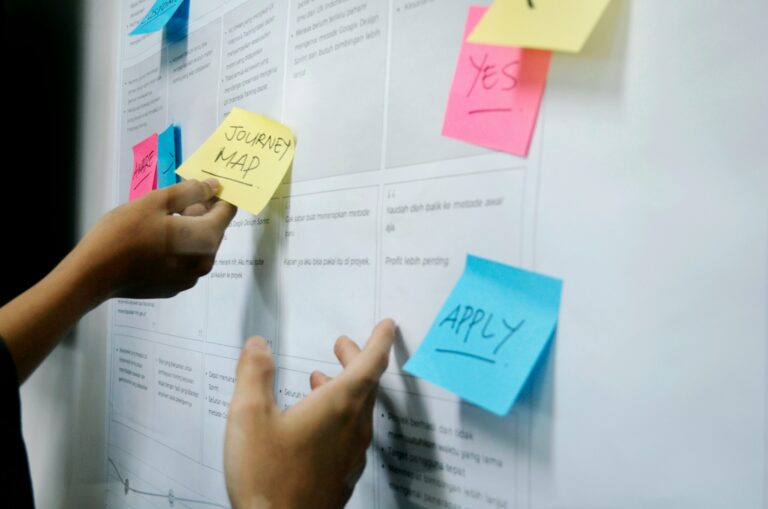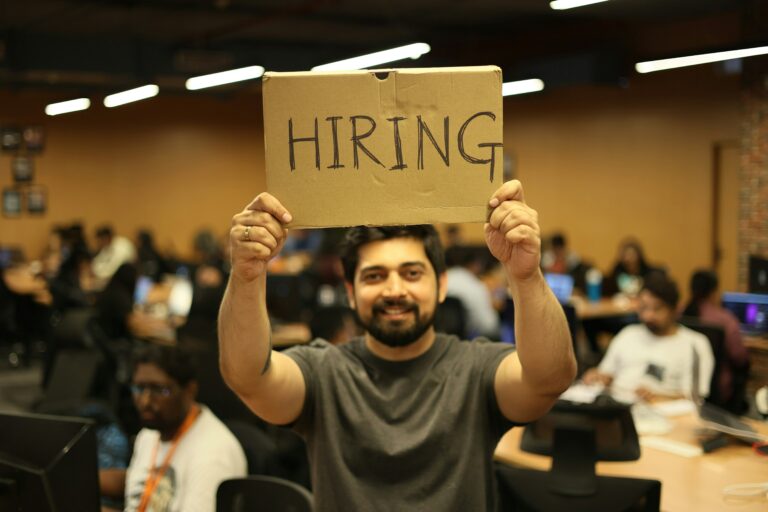So, you’ve impressed a recruiter with your standout resume and wowed with your qualifications and technical skills, and now you’ve landed an interview. Congratulations! You’re one step closer to securing the Tech job of your dreams.
Job interviews are a crucial part of the job process to determine whether you are suitable for the role and will fit into the company and team values, and vice versa.
It is also the most nerve-wracking part of the job process, where your mistakes might cost you.
Below are 8 mistakes to avoid if you want to land your dream job:
Arriving late to an interview
Arriving late to an interview may show a recruiter that you lack discipline and have poor time management skills. You must arrive early; if it’s a virtual interview, please show up 10 minutes before it starts. If, for some unforeseen circumstances, you are unable to attend, kindly ask the recruiter to reschedule. It leaves a good impression.
Not being prepared
Preparation is everything when it comes to job interviews. Always take time to research the company, visit their website, read their ‘About Us’ section, and memorise their mission statement. Go through their social media page, check out recent projects or news, and look for opportunities to naturally reference this during your interview to show you’ve done your homework and are genuinely aligned with their values.
A quick Google search can go a long way. Learn a bit about the Hiring Manager or recruiter. You might discover shared interests or find something intriguing about the recruiter’s background that may be great for opening a conversation, leading to a rapport, and showing genuine interest.
Most importantly, research and practice interview questions to ensure your answers align with the job role.
Try not to over-explain
Rambling can make you seem unfocused. Take a moment to consider the interview question before responding. No matter how friendly or relaxed the interviewer seems, keep your answers focused and concise. Avoid going off-topic or sharing personal stories unless directly relevant. Remember it’s a professional conversation, not a casual chat. The precise your answer, the more memorable you will be.
Criticising a former employer
We may all have had bosses from hell, and they may deserve our scorn, but framing them negatively may make you seem difficult to work with. Focus on what you learnt, the challenges, and how it has helped you develop your problem-solving skills and resilience.
Not asking questions
Sometimes, we may be overcome by nerves and be so focused on impressing the recruiter with our talent and skills in answering all our questions correctly that we forget to ask the recruiter questions. This may come off as being self-centred or disinterested.
Prepare 2 to 3 thoughtful questions to ask your interviewer. It shows you’re engaged, genuinely interested in the role, and eager to contribute. Questions might focus on team dynamics, growth opportunities, or the company’s future direction.
Asking about salary and benefits
If the recruiter does not broach this conversation first, don’t either.
Some topics, like salary expectations, benefits, or flexible working, are best saved for later interview rounds. Focus first on impressing the recruiter or hiring manager with your skills, experience, and cultural fit.
Not displaying enthusiasm
You want to come off cool and collected in order not to show desperation, but this may come up as being cold or disinterested.
On the other hand, too much enthusiasm may be distracting to the recruiter.
The right amount of enthusiasm can go a long way. Mirror the recruiter’s mood. If they are formal, stay professional. If they are relaxed, be warm but composed. Keep a positive attitude, maintain good posture, and use thoughtful gestures when asking or answering questions. This helps build connection and shows emotional intelligence.
Skipping the follow-up
Failing to send a thank-you email after an interview can be a missed opportunity. Regardless of how it went, always follow up within a few hours. It shows professionalism and gratitude, and keeps you top of mind for hiring managers. A thoughtful message can leave a lasting impression and even tip the scales in your favour.
In conclusion, nailing your dream job interview isn’t just about having the right skills; it’s about preparation, professionalism, and making a memorable impression. By avoiding these common mistakes, you’ll not only stand out as a confident, capable candidate but also increase your chances of securing the offer.
To make interview prep even easier, check out GoContract. GoContract is a professional talent marketplace where independent contractors in tech and IT access the best opportunities in the market. Sign up for free and take advantage of professional templates, tools, and resources to help you land your next role with confidence.




